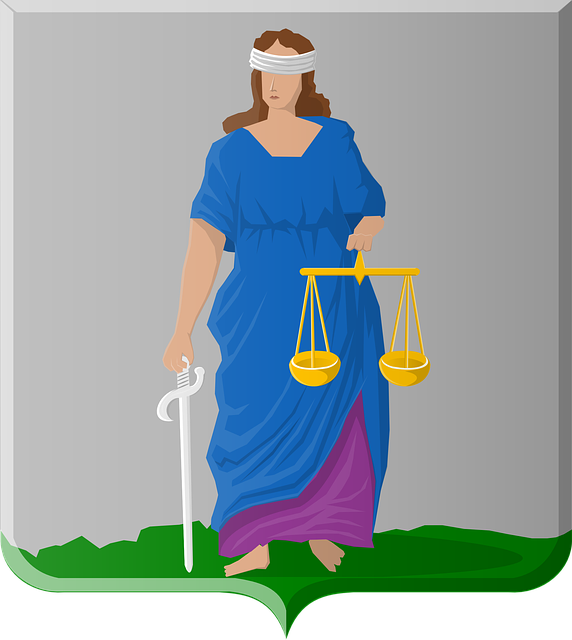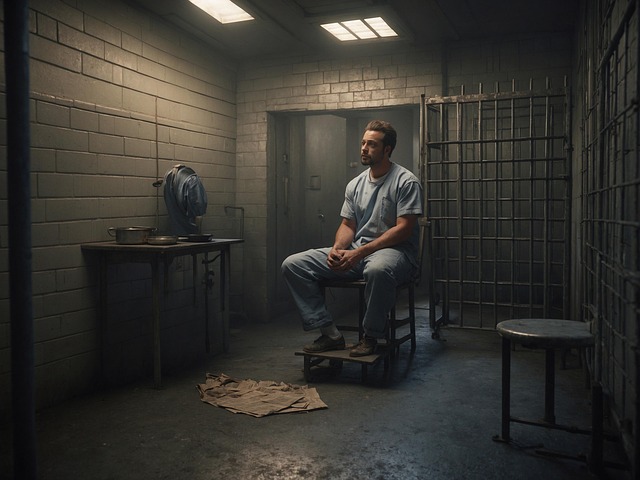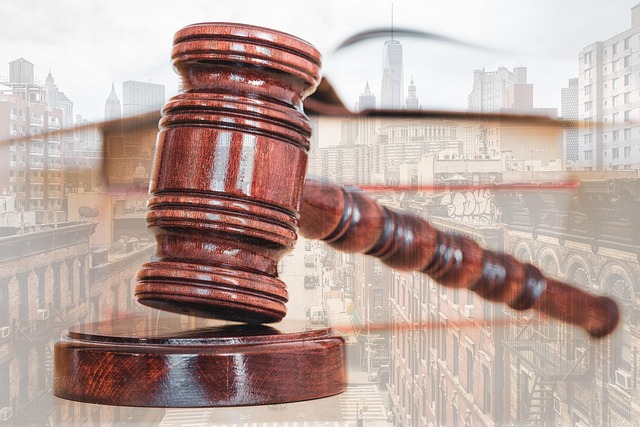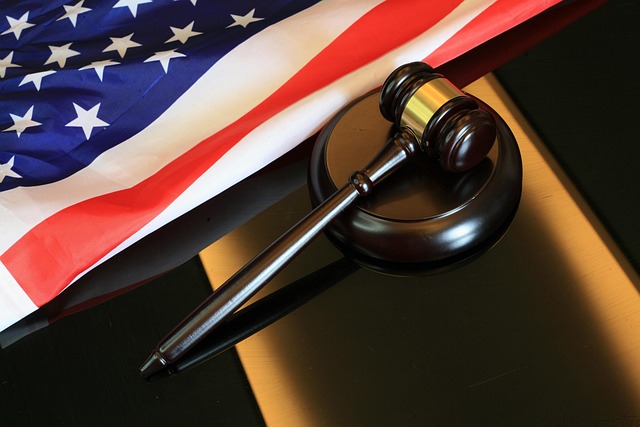Corporate Crime Investigations specialize in uncovering white-collar crimes within corporations, aiming for justice and organizational change through in-depth probes of financial transactions, governance, and internal controls. These investigations, led by law enforcement, regulatory agencies, and specialized attorneys, can result in significant class action lawsuit settlement processes explained, compensating affected stakeholders and deterring future misconduct with mutual benefits. The Class Action Lawsuit Settlement Process Explained serves as a crucial tool against corporate crimes, seeking not only financial redress but also deterrence for future illegal activities.
Corporate Crime Investigations are a critical aspect of upholding ethical business practices and protecting consumers. This comprehensive guide delves into the intricate world of uncovering corporate fraud, focusing on key players like law enforcement and regulatory agencies. We explore their roles in settling cases and ensuring accountability. Additionally, we provide an in-depth look at the Class Action Lawsuit Settlement Process, offering a detailed explanation for victims seeking justice. Understand the mechanisms in place to hold corporations responsible through this essential read.
- Understanding Corporate Crime Investigations: Uncovering Wrongdoings and Holding Companies Accountable
- The Role of Law Enforcement and Regulatory Agencies in Settling Corporate Fraud Cases
- Class Action Lawsuit Settlement Process: A Comprehensive Guide to Justice for Victims
Understanding Corporate Crime Investigations: Uncovering Wrongdoings and Holding Companies Accountable
Corporate Crime Investigations are a specialized field focusing on uncovering illegal activities within corporations, holding them accountable for their actions, and ensuring justice. These investigations delve into complex financial transactions, corporate governance, and internal controls to expose wrongdoings that often have significant economic and social impacts. It’s a process designed to reveal the truth behind white-collar and economic crimes, which can range from fraud and embezzlement to more sophisticated money laundering schemes.
The goal is not only to prosecute individuals involved but also to drive change within organizations by examining their internal systems and practices. This proactive approach aims to deter future misconduct, especially in high-stakes cases where substantial financial gains or losses are at stake. Understanding the intricacies of these investigations is crucial, as it involves a meticulous process that includes gathering evidence, analyzing financial records, and collaborating with legal experts, often culminating in significant class action lawsuit settlement processes explained by legal professionals. Winning challenging defense verdicts in such cases require exceptional strategic planning and legal acumen to navigate the complexities of corporate crime investigations.
The Role of Law Enforcement and Regulatory Agencies in Settling Corporate Fraud Cases
Law enforcement and regulatory agencies play a pivotal role in settling corporate fraud cases. These entities are responsible for investigating allegations of misconduct, which often involve complex financial transactions and intricate corporate structures. Once evidence is gathered, they work collaboratively to build a strong case against the offending corporation or individuals, potentially leading to a class action lawsuit settlement process explained. This coordinated effort ensures that justice is served and affected stakeholders receive compensation.
Across the country, general criminal defense attorneys specializing in white-collar defense are crucial in navigating these complex cases. They help corporations and individuals understand their legal rights while guiding them through the intricacies of the legal system. These professionals ensure fair representation and work towards reaching a mutually beneficial settlement, especially when dealing with high-profile corporate fraud cases that have significant economic and reputational implications.
Class Action Lawsuit Settlement Process: A Comprehensive Guide to Justice for Victims
When a company or organization engages in illicit activities, it can have devastating consequences for individuals and communities. In such cases, a Class Action Lawsuit Settlement Process serves as a crucial pathway to justice. This comprehensive mechanism allows victims to collectively stand up against corporate misconduct, seeking compensation and accountability. The process involves multiple stages, meticulously navigating the legal system to ensure fair outcomes for all involved.
The journey begins with identifying the wrongdoings and gathering evidence, a meticulous task often handled by specialized white-collar defense teams. Once solid grounds for a lawsuit are established, affected parties come together to form a class, enabling their voices to be heard collectively. Throughout all stages of the investigative and enforcement process, legal experts guide victims, ensuring their rights are protected. The ultimate goal is a settlement that not only provides financial redress but also serves as a powerful deterrent against future corporate crimes.
Corporate crime investigations are a complex yet essential process to ensure justice and accountability. By understanding the intricacies of these inquiries, from the role of law enforcement and regulatory agencies to the importance of class action lawsuits, we can foster a more transparent and responsible business environment. The comprehensive guide on the Class Action Lawsuit Settlement Process Explained provides victims with a crucial tool for seeking justice, demonstrating that no wrongdoing goes unpunished.






